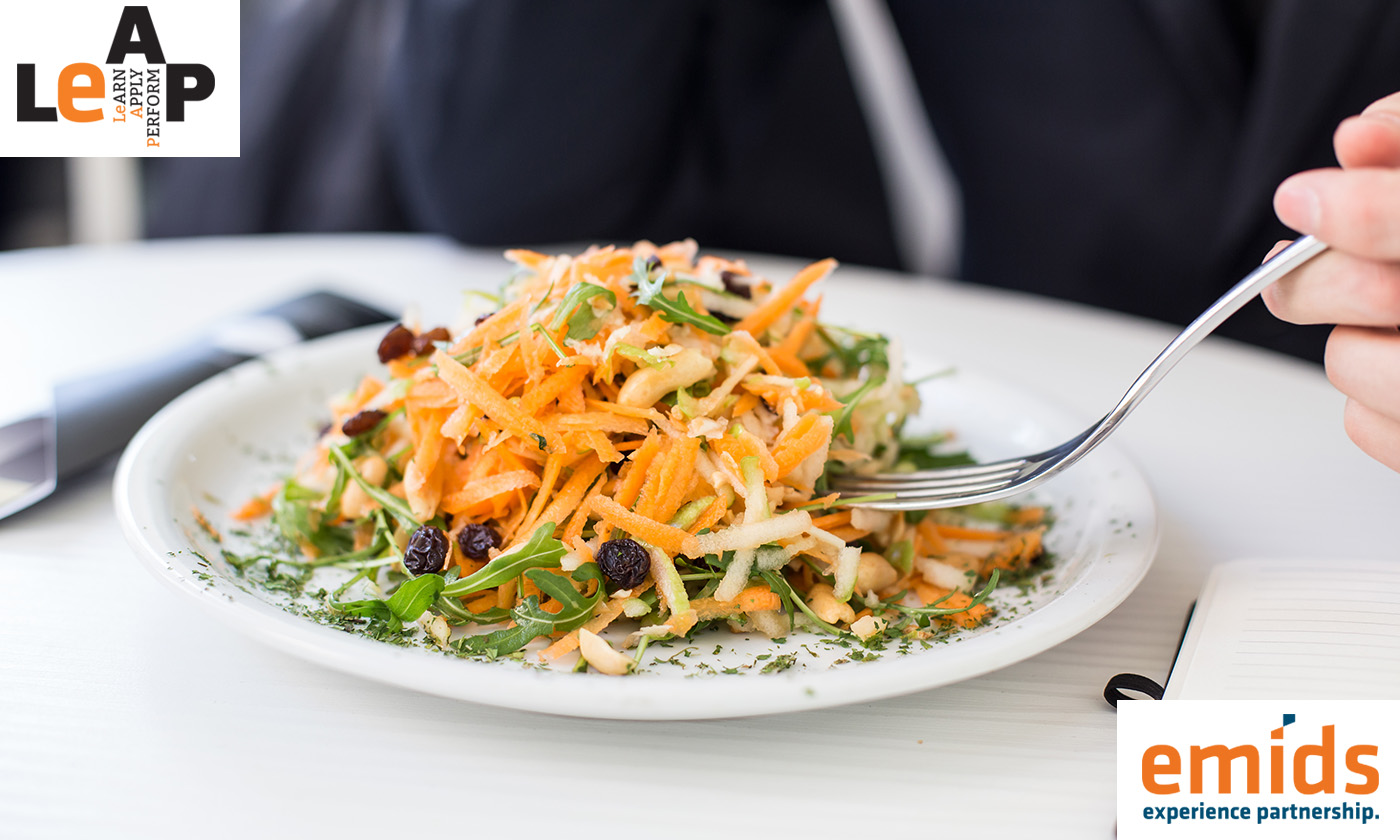Gone are the days when dedicating 30-50 minutes for lunch, in the middle of our working day, was a revered practice. In today’s work culture, a dedicated lunch break seems like a way to lose precious time. Thus, as a quick fix, almost 30% to 40% of employees eat a bite at their desks. But we would be mistaken if we consider this contextual only to our times. Even in the 1800s, in New York, you could see men rushing from their offices, gobbling a meal at top speed, and rushing back to work, says culinary historian Laura Shapiro.
But, what really is the big deal about a lunch break?
In pursuit of productivity, when we hunker down and try to get work done in one long stretch, our mental performance steadily decreases. This gets compounded if we do not eat scheduled meals. Food actually fuels our brain. Especially carbohydrates. Studies show that meals high in carbohydrates and fat help in sharper cognitive performance, better sleep and a faster short term memory. Even proteins help in information recall, slowing down the process of forgetting.
According to Dr. Janette Scarborough Civitelli, a workplace psychologist, there are diminishing marginal returns when you ask your brain to exert constant effort through an eight-hour day. “When workers skip a lunch break on a regular basis, they often don’t realize that fatigue and burnout are creeping up, until they wake up one day and ‘suddenly’ feel less enthusiastic about their jobs.”
One aspect of this burnout is the health. The other is team building. You read that right! Research led by Kevin Kniffin, Cornell University, says that a simple method of building cohesive and high-performing teams, is to get them to eat together. Though considered primal behavior, on studying a group of fire-fighters, Kniffin found that preparing food and eating together not only helped create intimacy within the group, but also increased their cooperative behaviors. Since this act involves planning, conversing, resource management and sharing tasks, it positively impacts the basic tenets of team performance.
Thus, when people eat at their desks or skip their lunches, they skip a crucial relationship building opportunity. In some ways, it contributes to the isolation some people feel at work, increasing their cultural fitment mismatch.
But as much as it is a group activity, eating lunch can also be a deeply mindful pursuit. Mindfulness does not require practicing meditation. Even sitting quietly and focusing on your lunch can be a small act of mindfulness. Buddhists call it a heightened state of involvement. Thus, as you solely focus on the taste and texture of your food, chewing it and enjoying the process of eating it, not only are you digesting food better, but also strengthening your brain’s neural structures, relaxing and releasing anxiety!
Though it is easy to rationalize not taking a lunch break, Dr. Kimberly Elsbach, University of California, says getting up from our desks, changing our environment for short periods of time and conversing with others, leads to heightened creativity/ innovation. What better time to do so, than lunch? Go guilt free!








